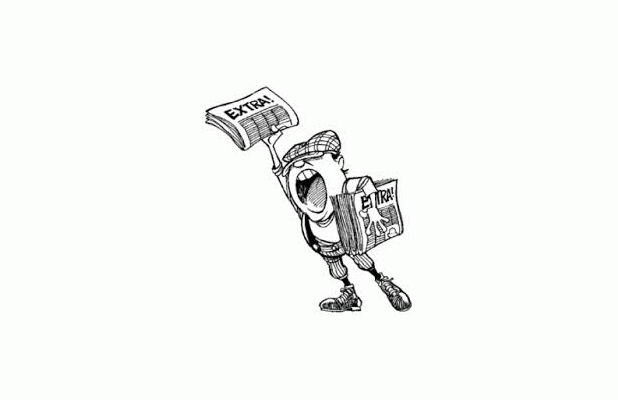McSorley found guilty of assault with weapon
Boston Bruins’ defenceman Marty McSorley was found guilty on October 6 of assault with a weapon for slashing Vancouver Canuck Donald Brashear in the head with a hockey stick. He was granted a conditional discharge with 18 months probation.
His team trailing 4-0, McSorley had slashed the Vancouver forward in the final seconds of a game on February 21, 2000. The two-handed slash felled Brashear to the ice where he had a grand mal seizure before regaining consciousness. He suffered a grade three concussion and was off the ice for a month.
Judge William Kitchen, of the British Columbia Provincial Court, found that McSorley deliberately struck Brashear to the head without Brashear’s consent. Although Judge Kitchen said McSorley, in testifying, “appeared to be sincere” and overall “his evidence appeared to be reliable,” he rejected McSorley’s testimony that he was aiming “high in the body, upper arm, shoulder area” to provoke a fight.
Hockey stick a weapon
The court found McSorley guilty of assault with a weapon, observing, “Every time a player uses a stick to apply force to another player, the stick is being used as a weapon and not to direct the puck as it was designed to do.”
Although the judge found McSorley was aiming for the head, he considered whether a slash targetting the shoulder would have been a crime. He cited the 1991 Supreme Court decision of R. v. Jobidon, where a majority held that adults cannot consent to the intentional application of force causing serious hurt to each other in a fist fight or brawl.
In rough sports, the Supreme Court stated, players impliedly consent to intentional applications of force that are within the customary norms and rules of the game. But they cannot validly consent to serious violence that clearly extends beyond the ordinary norms of conduct. Implied consent covers only applications of force that cause minor bodily harm.
No implied consent
Judge Kitchen commented that “if the slash was intended for the shoulder, delivered with the intention of starting a fight, my conclusion would be that it was within the common practices and norms of the game.” But, the judge went on, no player could consent to such a slash; it was too dangerous.
A player delivering such a slash, therefore, would be found guilty of assault if he was aware of this risk. Having found that McSorley was aiming for the head, the judge did not have to consider if he possessed such awareness.
The conditional discharge means McSorley did not receive a conviction. Three years from the date of the discharge, the related record must be removed from the automated criminal conviction records retrieval system maintained by the RCMP, whereupon he will not have a criminal record in Canada.
The judge noted that an unwritten code of conduct agreed to by the players and officials is superimposed over the written rules of hockey.
“This code of conduct deals mainly with situations where the written rules are breached….For example, the written rules prohibit slashing with the stick, but the unwritten code says that slashing is permissible as long as it is during play and not to the head. Of course, when a slash is employed, and it is observed by the referee…a penalty is called.”
Fan pressure needed to reduce violence
In addition, the judge observed, the referees and linesmen set guidelines for permissible violence in the way they choose to assess penalties during a game. The rules, he said, are indefinite, making compliance more difficult.
The McSorley case should prompt a “healthy discussion of hockey and the role of violence in the sport,” Judge Kitchen suggested. He intimated to McSorley he could use his influence to reduce hockey violence.
“You could use your influence to effect changes to the game. The written rules are not realistic. The penalties do not deter. But please – one way or the other – we need fewer penalties, not more.”
Yet the judge acknowledged: “If the game is to become less violent, it will likely only be in response to pressure brought by the fans.”










